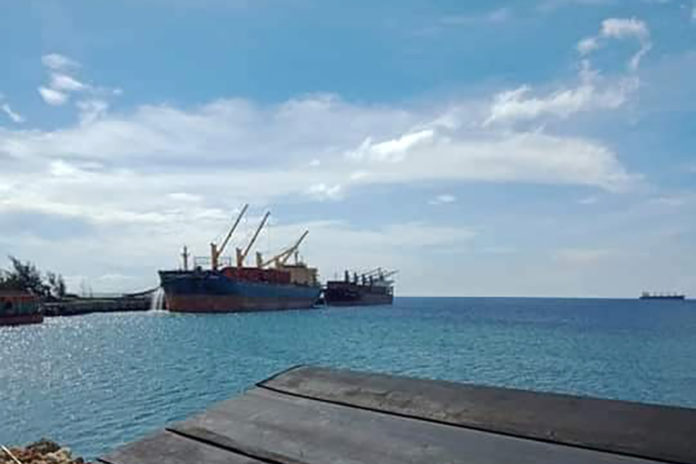An environmental policy group is urging lawmakers to repeal a decades-old coal law following a court ruling that temporarily shields the country’s largest coal producer from paying fuel import taxes.
The Center for Energy, Ecology, and Development (CEED) on Tuesday called on Congress to revoke Presidential Decree 972, or the Coal Development Act of 1976, after the Makati Regional Trial Court issued a 20-day temporary restraining order (TRO) in favor of Semirara Mining and Power Corporation (SMPC).
The order, issued on June 17 by Branch 234 of the Makati court, bars the Department of Finance, Bureau of Internal Revenue, and Bureau of Customs from collecting taxes and duties on SMPC’s fuel imports.
The company argued in court that its Coal Operating Contract and PD 972 exempt it from such charges, overriding newer provisions in the National Internal Revenue Code as amended by the CREATE Law. Section 295(F) of the law mandates tax payments on petroleum imports, with an option to apply for a refund.
CEED said the ruling exposes the outdated legal privileges enjoyed by coal operators, which it claims run counter to the country’s fiscal needs and climate targets.
“The law governing coal mining is decades old and no longer fits the country’s climate and fiscal realities,” said CEED Executive Director Gerry Arances.
“What this reflects, supported by the recent court’s TRO, is a legal framework that favors fossil fuel interests over urgent climate needs. Congress must repeal PD 972 to ensure equitable tax enforcement for major polluters and prioritize a just energy transition to address climate change,” he added.
The group said the case comes at a time when the government is working to expand its tax base and accelerate the shift to renewable energy.
It also urged tax and finance agencies to weigh the broader implications of the court order on energy and climate policy.
SMPC, a subsidiary of DMCI Holdings, posted a ₱19.6 billion net income in 2024, down from ₱27.9 billion the previous year amid falling coal and electricity prices.
The company operates the country’s largest open-pit coal mine on Semirara Island in Antique and has previously faced scrutiny over safety lapses, including a 2013 pit collapse that killed five workers and a 2015 landslide that buried nine others.
“Our policies must reflect the true costs of fossil fuel extraction, including social and environmental damages,” Arances said. “Repealing this outdated law is not just important, but necessary for protecting communities, driving climate action, and upholding public interest over corporate privileges.”









